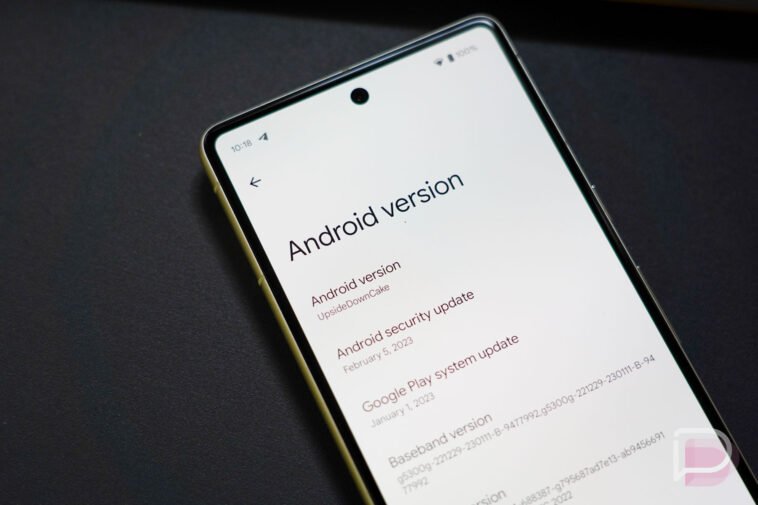According to rumours, the future Android 14 operating system will contain a new layer of security called Advanced Memory Protection (OS). This should shield phones from flaws in their memory security mechanisms.
Security flaws in memory
These flaws are “errors in handling memory in native programming languages,” according to Google. They are the most common problem in the Android codebases, according to the company.
Millions of crashes that result in the user’s face and more than 60% of all high-severity security issues, according to PhoneArena, are their fault. These issues make Android smartphones crash frequently and negatively affect stability.
Google claims: “Considering the [ever-increasing] complexity of code, memory safety vulnerabilities will inevitably get worse over time if ignored. Therefore, it is essential to our [long-term] success that we give our ecosystem the tools and technology that can detect and manage such flaws.”
This could be the solution to an Android problem that has persisted for a long time. According to Google, since the very first Android version, memory safety problems have consistently been the biggest source of Android security flaws.
The future-forward Android 14 Developer Preview, Android 14 Beta, or release version’s Memory Tagging feature can be enabled by going to Settings, selecting Security & Privacy, selecting More Security Settings, and toggling it on.
Memory Tagging
Extension (MTE), a necessary hardware feature on ARM V9 CPU cores, provides protection against memory infractions that could jeopardise the security of your phone. In essence, MTE will protect your device from memory security issues. The Google Tensor 2 processor that powers the Pixel 7 and Pixel 7 Pro uses ARM’s V8.2 CPU cores, hence these smartphones are not equipped with this feature.
Read More:Full Version of Android 13 Beta 1 Includes Better Features
The Pixel 8 variants, which are not expected to be introduced until the fourth quarter of this year, could thus be the first smartphones to come with this Android 14 memory protection.
The ARM V9 CPU cores used by the Snapdragon 8 Gen 1 and Snapdragon 8 Gen 2 chipsets are necessary for the Tensor 3 processor to operate correctly, providing, of course, that it does so in the final version of Android 14.
Before the end of the current year, Google is anticipated to release the Pixel 8 series, the mid-range Pixel 7a, the Pixel Fold, and the Pixel Tablet. There will likely be no other products in 2023 that employ the Tensor 3 SoC outside the Pixel 8 series.
The following full-size, non-foldable Pixel series may be the first phones to use Android 14’s new Advanced Memory Protection because the Pixel 8 and Pixel 8 Pro may be the first Android 14 devices to include ARM’s V9 CPU cores.




